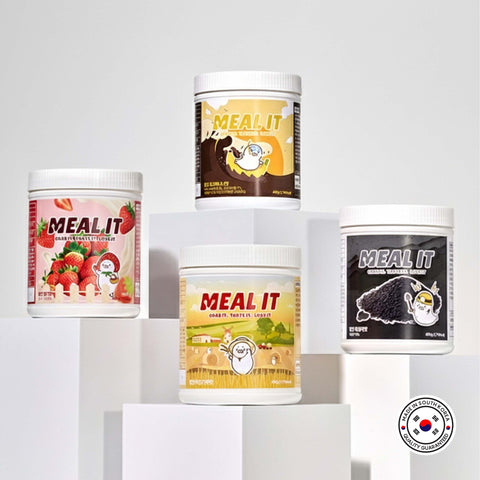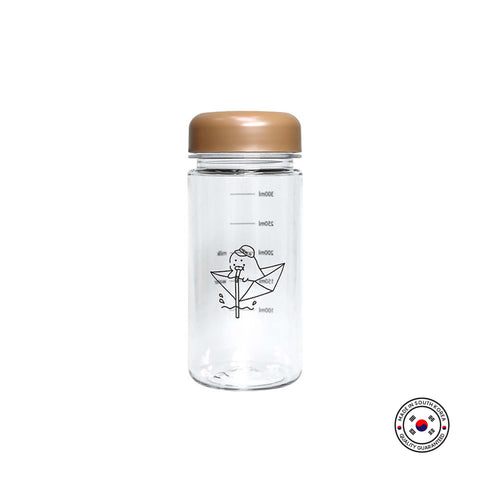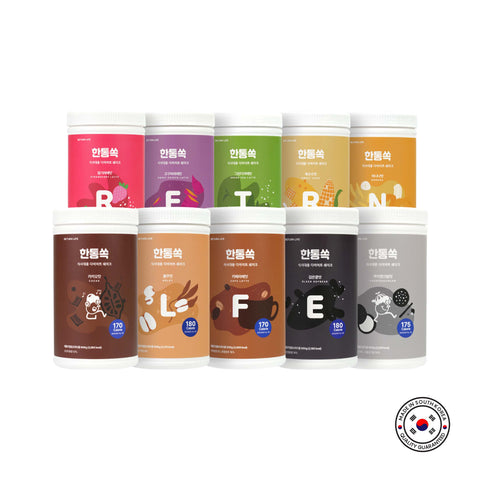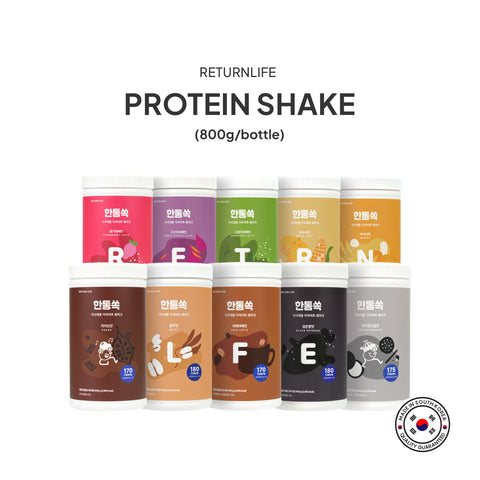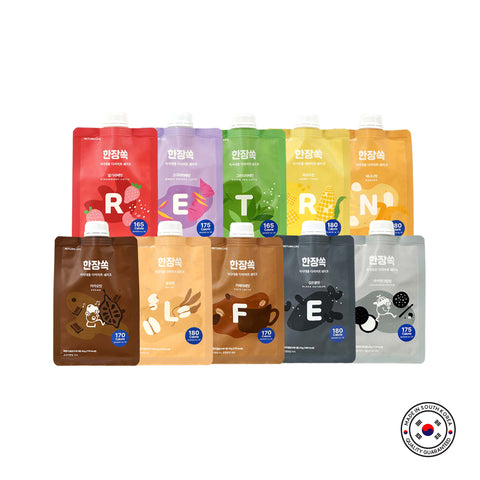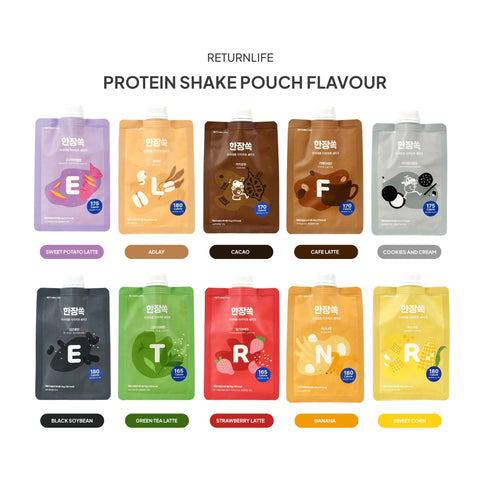What is kombucha?

Kombucha is a mildly fizzy, fermented drink made from sweetened tea and a specific culture known as a ‘scoby’, short for a ‘symbiotic culture of bacteria and yeasts’. The bacteria and yeasts in the scoby convert the sugar into ethanol and acetic acid. The acetic acid is responsible for kombucha’s distinctive sour taste.
What Does It Taste Like?
The flavor of kombucha relies heavily on the type of tea, the sweetener used to fuel fermentation, and the unique blend of bacteria and yeast cultures. Additions such as fruit, herbs, and spices also affect the final flavor. The longer kombucha ferments, the more vinegary it becomes. In general, kombucha is slightly tart from the acetic acid content and tends to be slightly effervescent due to the production of carbon dioxide during yeast fermentation. There are many brands of kombucha on the market today, with a wide variety of flavors ranging from fruit-infused to spicy to minty.
What are the main health benefits of kombucha?

1. Potential source of probiotics
Fermented foods such as yogurts, sauerkraut and kefir all contain live micro-organisms. As kombucha is the product of fermentation, a number of probiotic microbes are produced. At specific concentrations, these probiotic bacteria can help to balance levels of bacteria in the gut and improve digestion. However, to date, there have not been enough studies to confirm whether kombucha contains adequate amounts of these beneficial bacteria to be deemed an effective probiotic. Furthermore, amounts and strains of probiotic microbes will vary depending on differing factors, including how the kombucha is made and its fermentation time.
2. May be a source of antioxidants
Antioxidants are substances that protect the body from the oxidative damage caused by free radicals. Free radicals are a normal by-product of processes in the body, but the key is to minimise their impact by consuming food and drink rich in antioxidants. Tea, especially green tea, is rich in a group of antioxidants called polyphenols, especially catechins. However, there are a number of variables which may influence the antioxidant properties of kombucha, including the tea it was made from and the fermentation time.
3. May contribute vitamins and minerals
Kombucha contains small amounts of vitamins and minerals which are produced when the yeast breaks down the sugars, including vitamin C and the B group of vitamins such as B1, B6 and B12. Levels are likely to vary between products.
4. May be anti-fungal
One of the by-products of fermentation is acetic acid and it is thought this, as well as other compounds found in green and black tea, may suppress the growth of less desirable bacteria and yeast whilst promoting more beneficial strains.
5. May support heart health
Animal studies suggest consuming kombucha may improve cholesterol management and, in conjunction with the protective polyphenols in tea, especially green tea, may reduce the risk of developing heart disease.
Is kombucha safe for everyone?

Kombucha is classified as a functional food because of its potentially beneficial effect, when enjoyed as part of a varied and balanced diet; however, it may not be suitable for all people and there may be some risks.
Kombucha is not advised for pregnant or breastfeeding women, or those who have a compromised immune system. It is important to reiterate that there haven’t been many human clinical studies to prove its safety and efficacy. There have been some reports that drinking too much can lead to unpleasant side effects, such as stomach ache, nausea and dizziness. Prolonged fermentation is not recommended because of the accumulation of organic acids, which might reach harmful levels.
Fermented foods, including kombucha, are high in histamine, so those with a histamine intolerance should be wary that consuming kombucha may exacerbate symptoms.


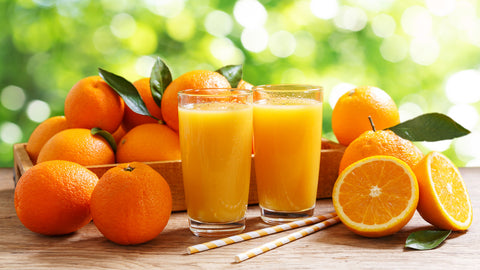


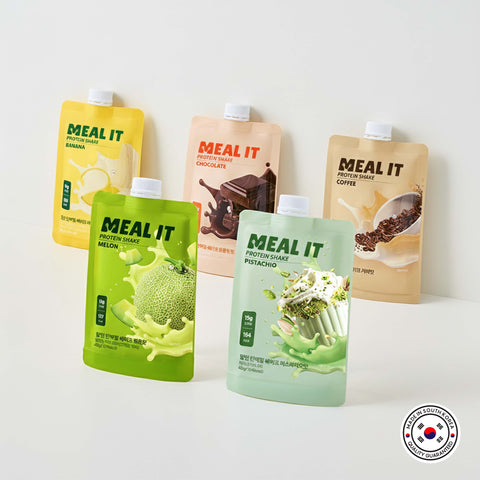
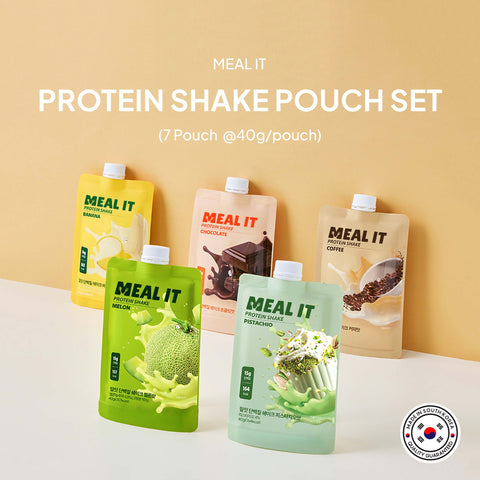



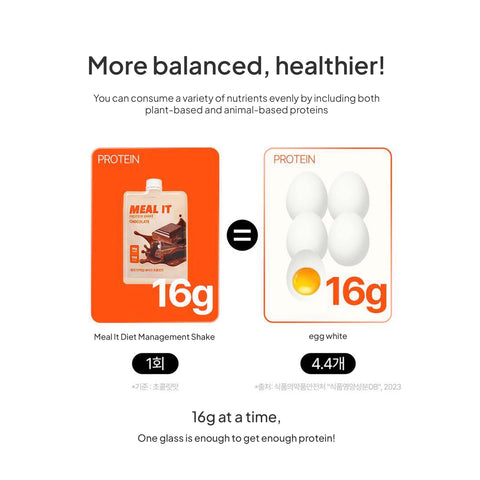


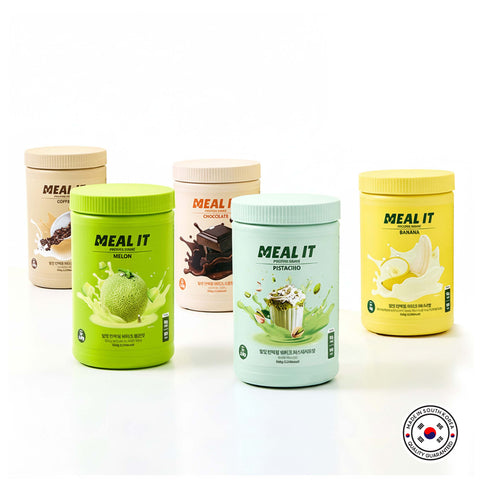
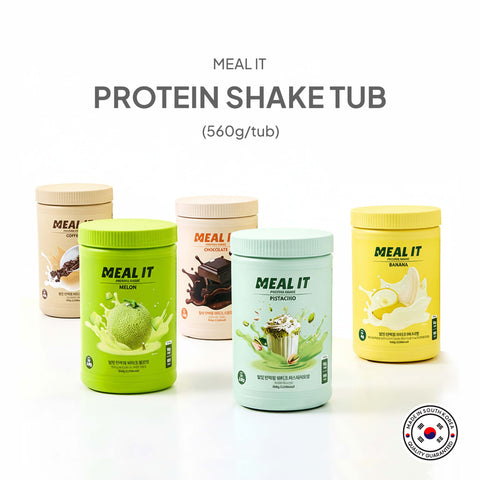






![Hero protein Chip [Onion] (40gr) / 히어로칩(어니언)](http://joyksg.com/cdn/shop/files/o_WEB.png?v=1727684839&width=480)
![Hero protein Chip [Onion] (40gr) / 히어로칩(어니언)](http://joyksg.com/cdn/shop/files/1f697787bd2b3.jpg?v=1727702023&width=480)
![Hero protein Chip [Chili Pepper] (40gr) / 히어로칩(칠리페퍼)](http://joyksg.com/cdn/shop/files/cp_WEB.png?v=1727685349&width=480)
